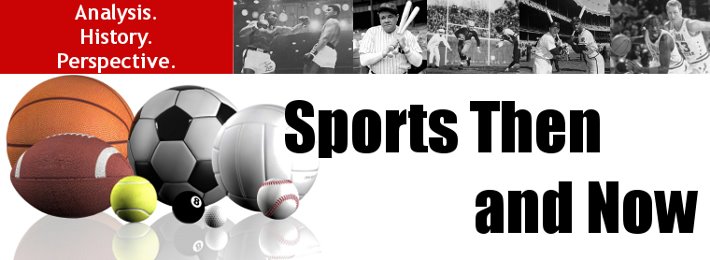

If he were still alive, I wonder what NFL Hall of Fame center Jim Ringo would think about the $100 million contract that Albert Haynesworth recently signed with the Washington Redskins.
As legend has it, Ringo, an All-Pro center and anchor of the Packer’s vaunted offensive line, brought an agent with him to contract negotiations with Green Bay Packer head coach Vince Lombardi prior to the 1964 season. Lombardi then excused himself and when he returned five minutes later told Ringo and his agent that they would have to go to Philadelphia to discuss his new contract because he had just been traded to the Eagles.
Some historians claim that the actual incident between Ringo and Lombardi is just a myth, but what isn’t a myth is the sacrifice that many athletes from the past made to ensure that the players of today are able to freely negotiate and sign contracts like the one inked by Haynesworth.
For more than a half-century, the contract of every player in Major League Baseball included what was known as the “reserve clause”, which bound a player, one year at a time, in perpetuity to the club owning his contract. Basically, it meant that the player was tied to the team until the team chose to trade or release the player and he had no opportunity to pursue employment with another organization on his own terms. As professional sports leagues started in football, basketball and hockey, owners in those leagues essentially emulated baseball’s “reserve clause.”
As a result, the only recourse for a player was to quit.
Such was the case for future NFL Hall of Fame member Cliff Battles. After rushing for a career-high 874 yards while helping the Washington Redskins win the 1937 NFL Championship, Battles reportedly asked Redskins owner George Preston Marshall for a $1,000 raise to his $3,000 contract. When Marshall refused, Battle retired from pro football after just six seasons and became an assistant coach at Columbia University where he was paid $4,000.
Little changed for another 30 years until one player dared to challenge the system.
When veteran St. Louis Cardinals outfielder Curt Flood balked at being traded to the Philadelphia Phillies in October 1969 after playing 12 years for the Cardinals, initial sentiment questioned why a star athlete making $80,000 would dare to challenge the authority of his employer. However, once the general public began to understand the power baseball ownership enjoyed through the “reserve clause” sentiment began to shift.
Nonetheless, Flood personally paid a tremendous price for his role as a martyr for professional athletes. After missing the entire 1970 season (one in which he had been scheduled to make $100,000), Flood appeared in 13 games for the Washington Senators in 1971 and was out of baseball at age 33.
Flood’s case against Major League Baseball eventually reached the Supreme Court and while the court ruled in favor of the league, the wheels were in motion to change professional sports forever. The “reserve clause” was officially overturned in 1975 and soon professional athletes were able, for the first time, to choose the team for which they would play. It also led to provisions that provide some veteran players the opportunity to decline a trade if they choose not to play for a certain team.
The advent of free agency also led to a rapid escalation of player salaries in all professional sports.
In 1967 the average salary in professional baseball was $19,000. By 1980 the average had risen to $143,000 and the average passed $1 million in 1992. The average salary for a professional baseball player in 2008 was $2.93 million. Average salaries for players in the NFL, NBA and NHL have risen at similar rates over the last forty years.
As the players of today enjoy the spoils of their multi-million dollar contracts, I hope they realize the high price that Ringo, Battles, Flood and many others paid to ensure that they could truly be free agents.







No comments:
Post a Comment